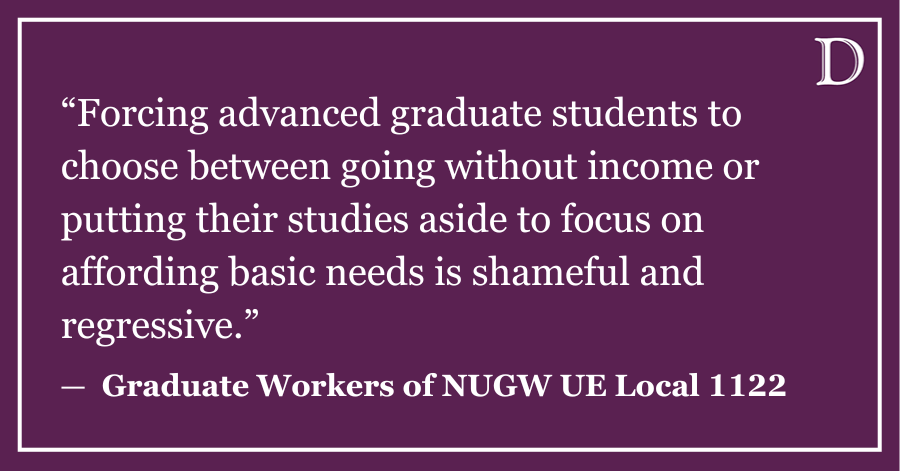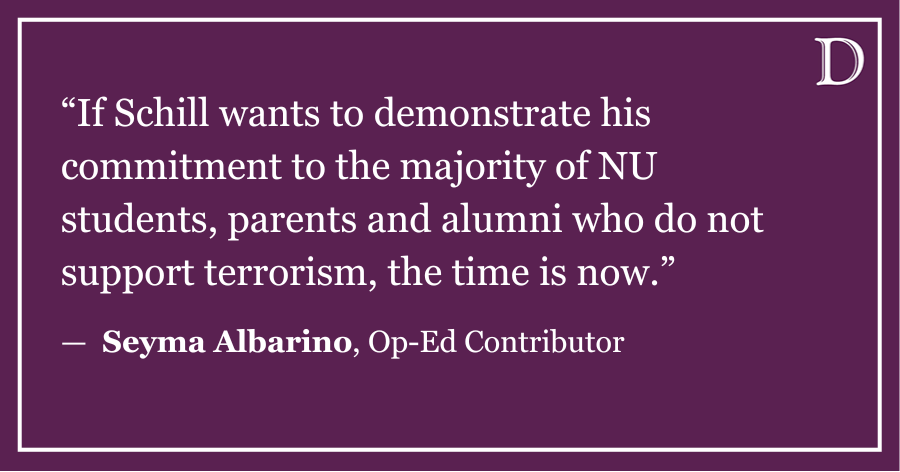Since 1999, same-sex couples in France have been able to enter civil unions, which — like marriages — allow for jointly filed tax returns, sharing of insurance policies, eased access to residency permits for foreigners and other practical benefits. However, last month the French Parliament introduced a bill that would fully legalize marriage and adoption for same-sex couples. The bill is still being debated in Parliament, but it is expected to pass in the next few months. If so, France will become only the 12th country in the world to legalize same-sex marriage.
The fact that the French parliament is socialist-dominated and that President Francois Hollande has promised legalization of same-sex marriage may lead one to conclude that this law would be both expected and uncontroversial. Nevertheless, the debate over the bill has been lively on the streets of France, particularly in its capital.
On Jan. 13, about 340,000 people gathered on the streets of Paris in order to protest against same-sex marriage and adoption. Although both the Catholic Church and the right-wing opposition publicly supported the protest, organizers defined it as nonpolitical and nonreligious. The protesters’ main argument against the bill is that it would undermine the essential building block of the French society: the family.
This Sunday, in response to the Jan. 13 protests, people again took to the streets of Paris, this time united in support of the bill. In a rally that ended at the Place de la Bastille, the square most well known as a symbol of the French Revolution, police estimated the number of marchers at 125,000. This number is, at best, modest compared to the number of marchers that joined the protest against the bill. The variability in the number of protesters on each side could be a factor in the decision-making of some members of the French parliament. On the other hand, this statistic is not the only one that addresses the opinion of the French public. Notably, a recently-released survey shows that the number of people that support the legalization of same-sex marriage actually increased by 3 percent from last December, when it stood at 60 percent.
Although the streets of Paris have witnessed an intense debate on the issue of same-sex marriage, the real decision-making will, as always, be up to those few sitting in Parliament.
Katarina Kosmina is a Communication junior and a Global Paradigm Fellow based in England. The Global Paradigm Project is intended to link students across the world in a substantive discussion of politics and policy. Visit politicsandpolicy.org/category/dispatches to read more posts from our Global Paradigm Fellows.










